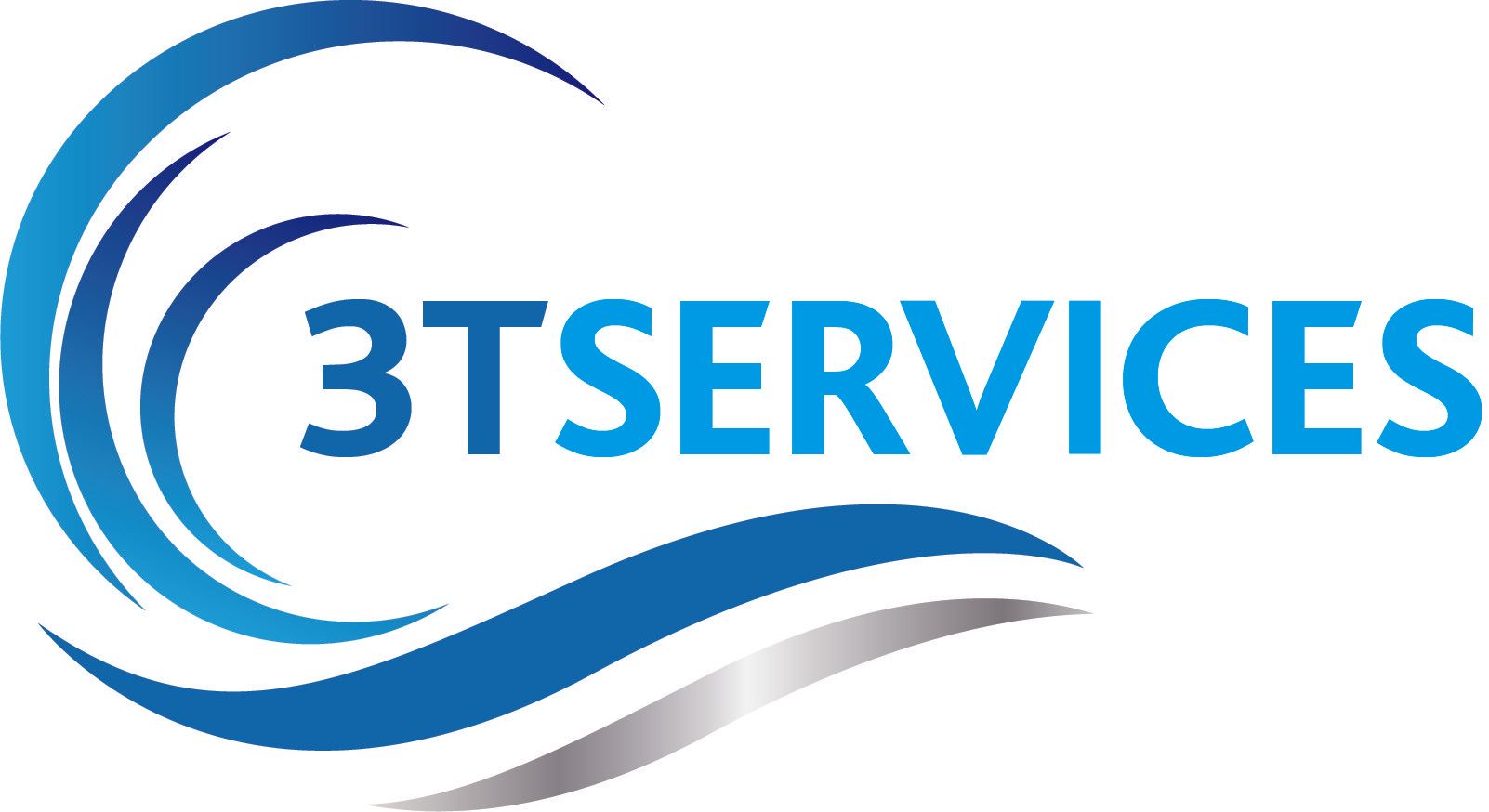City & Guilds 7543-01
F-Gas for Cars & Light Commercial Vehicles
The qualification is for those who already have practicing in the industry, for those whose aim is to enter the industry and for those wanting to gain a certificate for their own personal skills development.
This qualification in Mobile Air Conditioning can be a first step into the vehicle-based air conditioning sector. It also helps people already working in the sector further developing their skills and gain an acknowledgement of what they already offer.
7543-01
The standalone 001 Unit (7543-01) meets the legal requirement for handing F-Gases under the MAC directive, giving licence to handle refrigerants in compliance with EU regulations (EC) 307/2008.
Following the centre provided training the qualification entails a practical assessment activity along with a range of qualification specific verbal questions.
Underpinning Knowledge
Candidates are required to understand:
1. The Legislative and organisational requirements;
- current EC regulations on fluorinated gases The provisions of regulation (EC) No 842/2006 and Directive 2006/40/EC
- current EC regulations on certain Ozone depleting gases
- environmental protection act 1990, section 33 and 34, safe and legal disposal of waste materials, waste transfer note
- management of HSE at work regulations
- control of substances hazardous to health regulations COSHH
- Health and Safety at Work act
- EC waste regulations
2. Operating principles and functional requirements of Mobile Air Conditioning systems and components;
- functions of the systems
- methods of heat transfer
- difference between heat and temperature
- meaning of latent heat and sensible heat
- definition of terms; pressure, gauge, compound, atmospheric, absolute, pressure / temperature relationship, vacuum, humidity / relative humidity, compression, condensation, evaporation, units of measurement
- refrigeration cycle - compression, condensation, evaporation
- refrigerant state and condition - saturated vapour, superheated vapour, subcooled liquid
- refrigeration systems - refrigerant circuits - txv & fot
- refrigerant systems - compressor, condenser, expansion valves, fixed orifice tube, receiver drier, suction accumulator and evaporator
- lubrication - types (mineral oils and pan), viscosity (all levels), quantities
3. Refrigerants
- types of refrigerants - R12 (CFC), properties, characteristics, R134a (HFC), properties, Characteristics, hydrocarbons, risk (flammability), blends (drop-ins), risks (fractionation)
4. Environmental issues
- ozone layer
- ozone depletion
- greenhouse effect
- climate change and global warming
- Montreal protocol
- Kyoto agreement
5. Special purpose tools, equipment and materials needed for system recovery, vacuum, recharging, flushing (if applicable), and leak detection for Mobile Air Conditioning systems
- service equipment and hand tools - purpose and operation
- goggles & gloves
- refrigerant identifiers*
- refrigerant recovery unit*
- service couplings and hoses*
- manifold gauge set*
- recovery cylinder
- charging cylinder (or scale) for measuring refrigerant quantity*
- leak detection
6. Procedures for handling refrigerant and minimising refrigerant losses and emissions
- refrigerant identification, refrigerant recovery, charge completion for a source cylinder, final leak checking (visual, electronic)
- disposal, recycling or destruction of waste refrigerants
- Health and Safety/environmental requirements for handling, storage and transportation of refrigerants
Practical Skills
Candidates are required to;
- Ensure motor bickle is immobilised before working on it
- Follow health and safety requirements, select appropriate personal protective equipment (PPE) and follow good working practice
- Prepare the motor vehicle for recovery
- Select and use appropriate service equipment
- Identify refrigerant and the difference between service ports/types
- recover refrigerant from a motor vehicle containing fluorinated greenhouse gases (R134a) into appropriate recovery set
- Correctly handle fluorinated greenhouse gas (R134a) from a source cylinder and transfer a minimum quantity of 300 grams to refrigerant management station or appropriate recovery set
- Complete activity record documentation
We offer a number of training / assessment programs to suit differing levels of candidate experience. We also offer the facility to retake either the theory or practical assessments, regardless of which training centre the original assessment was taken.
Bespoke training courses, different from the choices below, can be arranged on request.
Please use the above link buttons for more information on each of the training courses
Training Diary
A complete list of all scheduled training courses and availability can be found by clicking the course dates button below
Can't find a suitable training course? Please contact us, we’re here to help!
We want to know your needs exactly so that we can provide the perfect solution. Let us know what you want and we’ll do our best to help.
